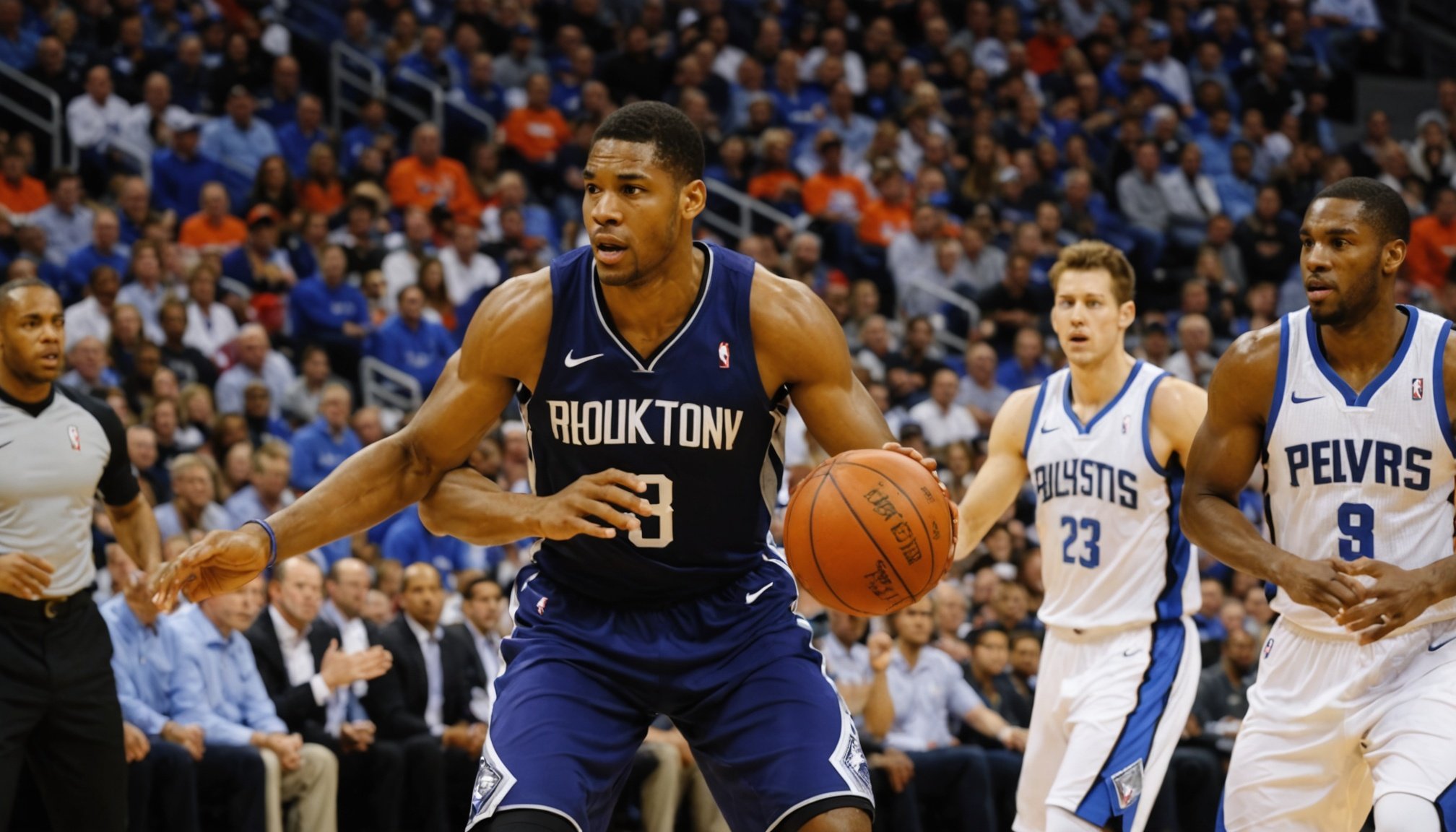The playoffs in the NBA are a critical time for teams and players alike. The pressure to perform at a high level can be overwhelming. As the stakes rise, the mental resilience of athletes is often put to the test. This article explores the psychological effects of pressure on basketball players during the playoffs, shedding light on how it impacts their performance, decision-making, and overall well-being. We will delve into various studies and expert opinions, focusing on the unique challenges faced by scholar athletes on the grand stage of sports. Understanding these dynamics will provide insights into the delicate balance between performance and mental health in high-stakes environments.
The Nature of Pressure in Playoff Games
Pressure in playoff games is unlike anything else in the regular season. Every game counts, and a single loss can lead to elimination. This high-stakes environment creates immense pressure on players to deliver their best performances. The expectation to win can weigh heavily on an athlete’s mind, affecting their game strategy and execution.
This might interest you : How does sports psychology influence a basketball player’s performance on the court?
When teams enter the playoffs, they not only battle against their opponents but also contend with the weight of expectations from fans, coaches, and themselves. The critical nature of these games makes every missed shot or turnover feel amplified, leading to heightened anxiety. Studies have shown that this kind of psychological pressure can lead to performance anxiety, as athletes fear disappointing their teammates or fans.
Moreover, the atmosphere in the arena adds another layer of pressure. The cheers from fans and the critical eyes of spectators can create a daunting environment. For many players, this pressure can either inspire peak performance or lead to mistakes and underperformance. Understanding how teams navigate this pressure is essential for anyone looking to grasp the dynamics of the NBA playoffs.
Also to read : What are the most common injuries in basketball and how can players prevent them?
The reality is that while some athletes thrive under pressure, drawing upon the mental strength they have developed through years of training, others may crumble. Recognizing these differences in performance can provide valuable insights into what makes a successful playoff athlete.
Mental Strategies to Cope with Pressure
To counter the psychological strain of playoff pressure, players often employ various mental strategies. These tactics not only help them maintain focus but also assist in managing anxiety levels. One common approach is visualization. Athletes often visualize themselves succeeding in critical moments, which can build confidence and reduce fear of failure.
Another effective technique is mindfulness. By staying present and concentrating on the current play rather than worrying about the outcome of the game, athletes can improve their decision-making and execution. Mindfulness helps in anchoring their thoughts, enabling them to perform at their best even under intense pressure.
Coaching staff plays a pivotal role in helping teams adopt these strategies. Coaches often work with psychologists to incorporate mental training into their practices. This includes creating scenarios that mimic playoff pressure, allowing players to adapt and develop resilience.
Additionally, open communication within the team can alleviate pressure. When players feel supported by their teammates, they are more likely to trust their instincts and perform better. Team-building exercises and discussions about mental health can foster an environment where athletes feel comfortable expressing their struggles and triumphs.
Ultimately, the ability to cope with pressure is crucial for success in the playoffs. Developing these mental strategies not only enhances performance but also promotes overall well-being among athletes.
The Role of Experience in Managing Pressure
Experience is a significant factor influencing how players handle pressure during playoff games. Veteran athletes often possess a wealth of experience that helps them navigate the mental challenges unique to high-stakes situations. They have been through the grind of the playoffs before and understand the emotional rollercoaster involved.
Younger players, on the other hand, may struggle more with the intense pressure. The pressure to perform becomes overwhelming when they lack experience in crucial playoff moments. These young athletes can benefit from mentorship from seasoned teammates who can share their insights on managing stress and maintaining focus.
Moreover, past playoff performances can impact a player’s psyche. Those with negative experiences may carry psychological baggage into subsequent seasons, afraid that history will repeat itself. This mental block can hinder their ability to perform at their best. Conversely, players who have had successful playoff runs are often more confident and resilient.
The support from a skilled coaching staff also plays a vital role. Coaches can help young athletes prepare for the emotional aspects of playoffs, providing them with tools to cope with pressure. Workshops focusing on mental resilience and emotional management can empower these players to confront their fears head-on.
In essence, experience shapes how teams perform under pressure. Veteran players can offer guidance, while effective coaching can bridge the gap for younger teammates, fostering a culture of support and resilience.
Impacts on Performance During the Playoffs
The psychological effects of pressure during the playoffs can lead to varying impacts on performance. While some players may rise to the occasion, others may find their skills diminishing under stress. The intense scrutiny and expectations can lead to a decline in confidence, impacting shooting percentages and decision-making.
Research indicates that when players experience high levels of anxiety, they may resort to a more conservative style of play. This can lead to fewer risks taken on the court, potentially stifling creativity and limiting offensive strategies. In contrast, athletes who are able to embrace the pressure often play more freely, leveraging their talents to seize opportunities.
One notable phenomenon is the concept of the “clutch player.” These athletes excel in high-pressure situations, often making critical plays when their teams need them the most. The ability to perform in pivotal moments can define careers, leading to greater recognition and success. However, for many players, the fear of failure can inhibit their natural talents, resulting in missed opportunities.
In addition, the mental exhaustion that accompanies playoff pressure can have lingering effects. Prolonged exposure to stress can lead to burnout, affecting a player’s overall health and future performance. Thus, understanding how to balance the demands of the playoffs with self-care is crucial for athletes.
To mitigate these impacts, teams must prioritize mental health alongside physical training. Providing mental health resources and support during the playoffs can help athletes navigate pressure more effectively, ultimately enhancing their performance.
The psychological effects of pressure on basketball players during the playoffs are profound. This pressure can shape their performance, mental health, and overall experience in the high-stakes environment of the NBA. By employing mental strategies, relying on experience, and fostering a supportive team culture, athletes can better manage the intense demands placed upon them.
As the playoffs approach each year, it is essential for teams to recognize the psychological challenges their players face. Understanding these dynamics not only contributes to better performance on the court but also promotes the well-being of the athletes off the court. Emphasizing mental health as a critical component of sports psychology will ensure that basketball players can thrive under the immense pressure of playoff games, contributing to their success and the legacy of their teams.











